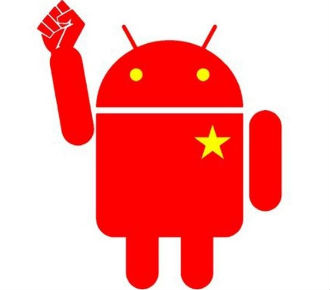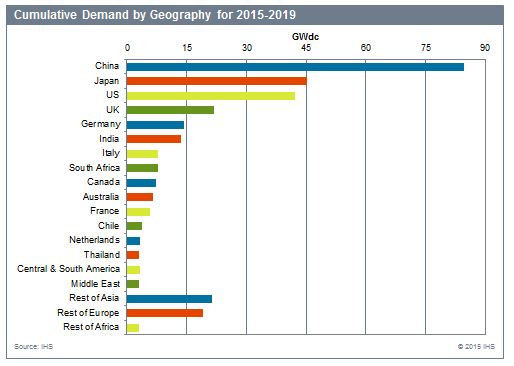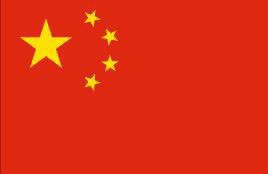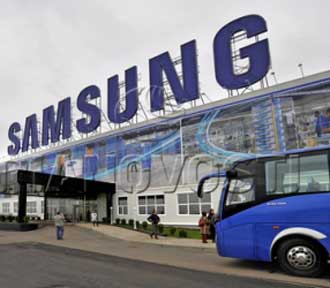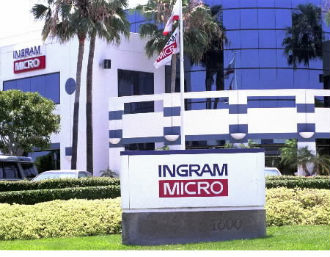 Worries about security have forced the delay of Ingram Micro’s take over by a Chinese outfit.
Worries about security have forced the delay of Ingram Micro’s take over by a Chinese outfit.
Ingram says that the deal, which would see it part of the Tianjin Tianhai Investment Company is now being delayed until towards the end of the year
The first delay to the deal came last month when the Shanghai Stock Exchange sent a letter to Tianjin Tianhai asking for more details about the takeover. In that case the Exchange was worried about how the deal was being funded.
But now the Committee on Foreign Investment in the United States wants to take a close look at the deal.
“Ingram Micro today announced that the End Date by which the acquisition of Ingram Micro by Tianjin Tianhai Investment Company must be completed has been extended to November 13, 2016,” Ingram said.
Despite the CFIUS activity the expectation from both Ingram and on the Chinese side is that the deal will still close this year.
However it might not be that easy. The US is getting increasingly concerned about the involvement of the Chinese in business. Earlier this week it became clear that the Chinese company that is one of the main investors in the Hinkley Point nuclear power station is facing charges of nuclear espionage in the US.





